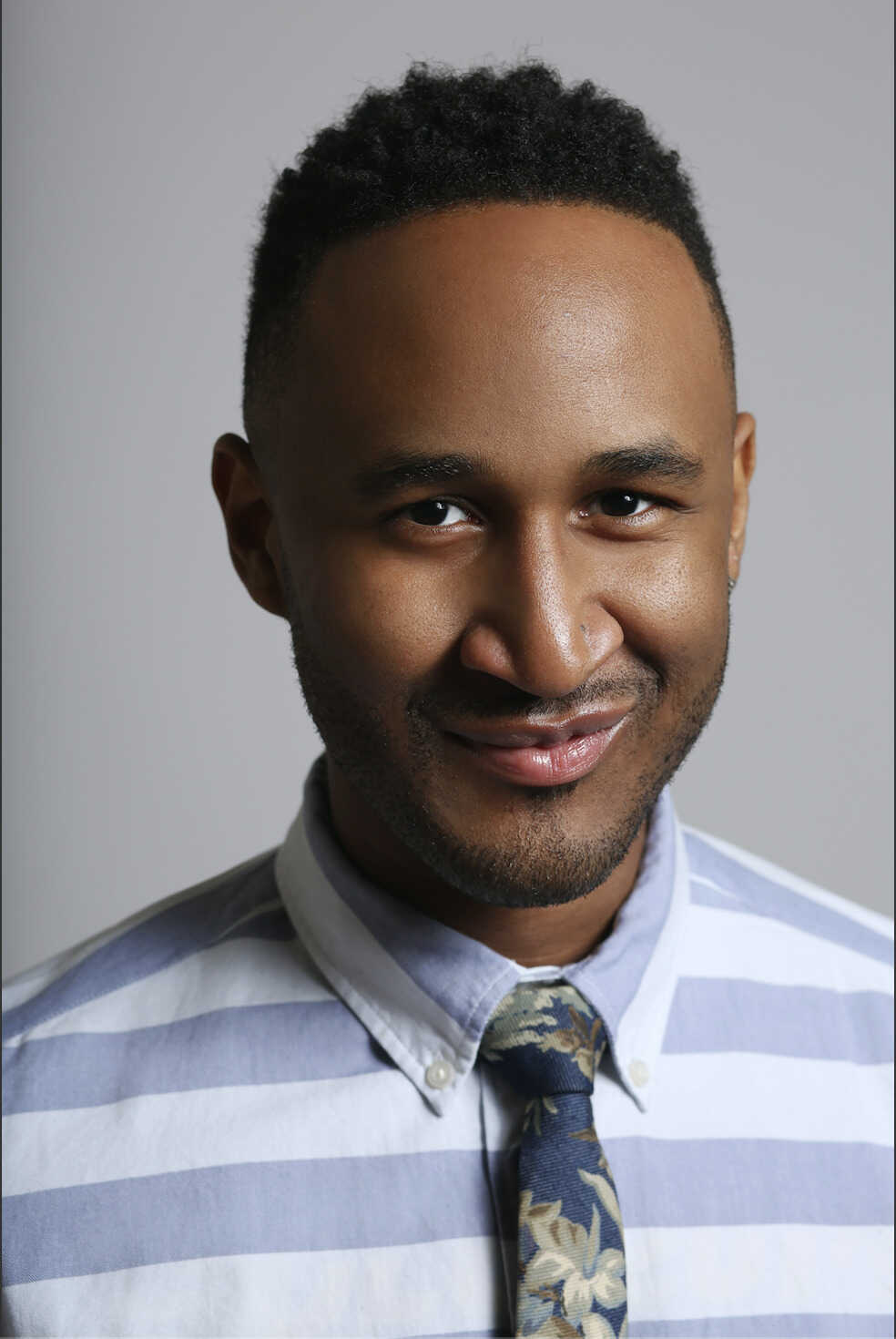People
Faculty
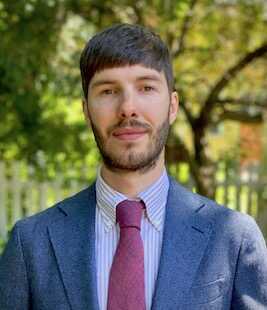
Thomas Davidson
Thomas Davidson is a PhD candidate in Sociology at Cornell University. In fall 2020 he will be an Assistant Professor of Sociology at Rutgers University. He studies political discussions, hate speech, and other topics using digital trace data. His research involves a number of different computational methods including machine learning, natural language processing, and social network analysis.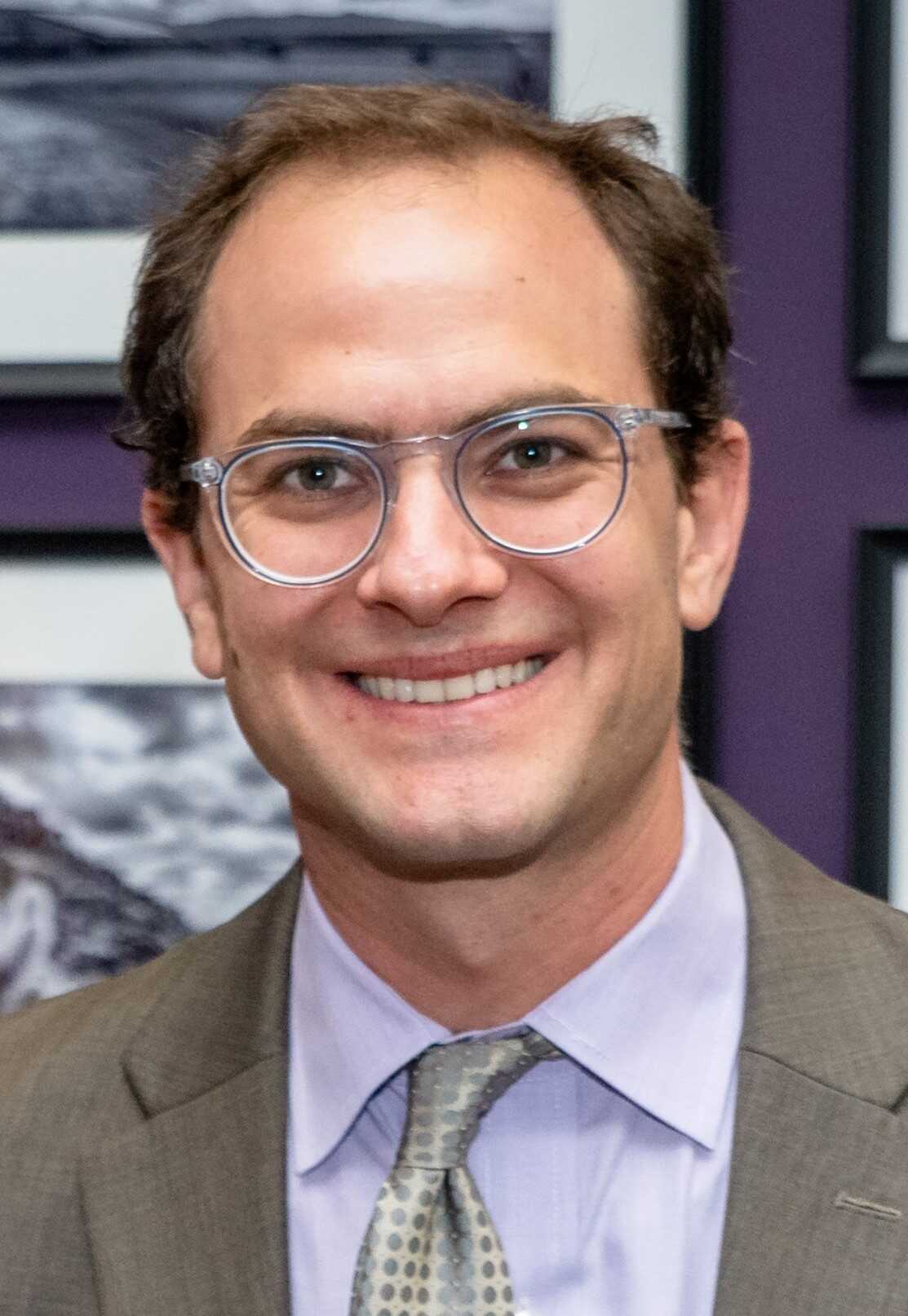
Yotam Shmargad
Yotam Shmargad is an Assistant Professor in the School of Government & Public Policy at the University of Arizona. His research focuses on understanding how social media platforms shape political life in the United States. He uses a mix of statistical and computational methods, including social network analysis, online data collection, virtual experimentation, sentiment analysis, and machine learning.Speakers
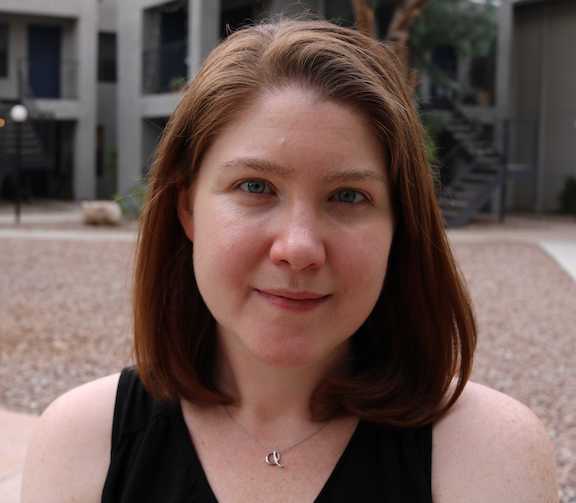
Annie Boustead
Annie Boustead researches legal and policy issues related to electronic surveillance, privacy, policing, and drug policy. She is particularly interested in empirically studying law enforcement surveillance, and evaluating the impact of policies regulating this surveillance. She has a Ph.D. from the Pardee RAND Graduate School, where her dissertation focused on the interplay between commercial data collection and law enforcement surveillance, and a J.D. from Fordham University School of Law.
Laura Brandimarte
Laura Brandimarte, Assistant Professor of Management Information Systems. She joined the Eller College of Management in 2015 after two years as a post-doctoral fellow at Carnegie Mellon University, where she also earned her PhD in public policy and management (2012). Her areas of research include privacy, security, the psychology of self-disclosure and the social dynamics of privacy decision making and information sharing.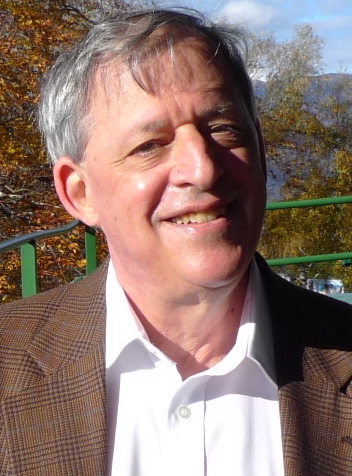
Ronald Breiger
Ronald Breiger, Regents Professor and Professor of Sociology at the University of Arizona, holds affiliations with the School of Government & Public Policy, the Graduate Interdisciplinary Program in Applied Mathematics, and the Graduate Interdisciplinary Program in Statistics & Data Science. His work is on social networks, adversarial networks, stratification, mathematical models, theory, and measurement issues in cultural and institutional analysis. He is the 2020 recipient of the Paul F. Lazarsfeld Award of the American Sociological Association Section on Methodology, recognizing a scholar who has made a career of outstanding contributions to methodology in sociology.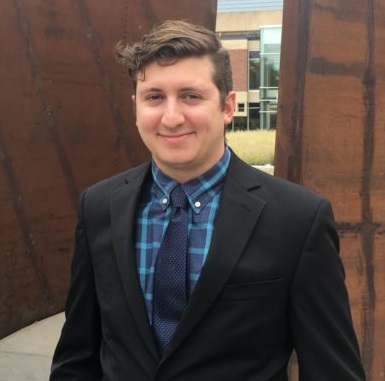
Frank Gonzalez
Frank is an Assistant Professor in the School of Government and Public Policy (SGPP) at the University of Arizona. His research strengths lay primarily in political psychology, experimental design and quantitative methods. His current research involves using work from political psychology, social neuroscience, and evolutionary psychology to understand attitudes toward race, class, inequality and hierarchy.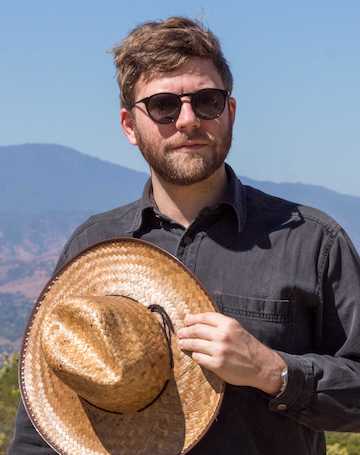
Robert Henderson
My research is in formal semantics with a special focus on the indigenous languages of Mesoamerica, languages on which I have done many years of fieldwork. I am particularly excited about using tools from the natural language processing world to speed the annotation, documentation, and description of endangered languages.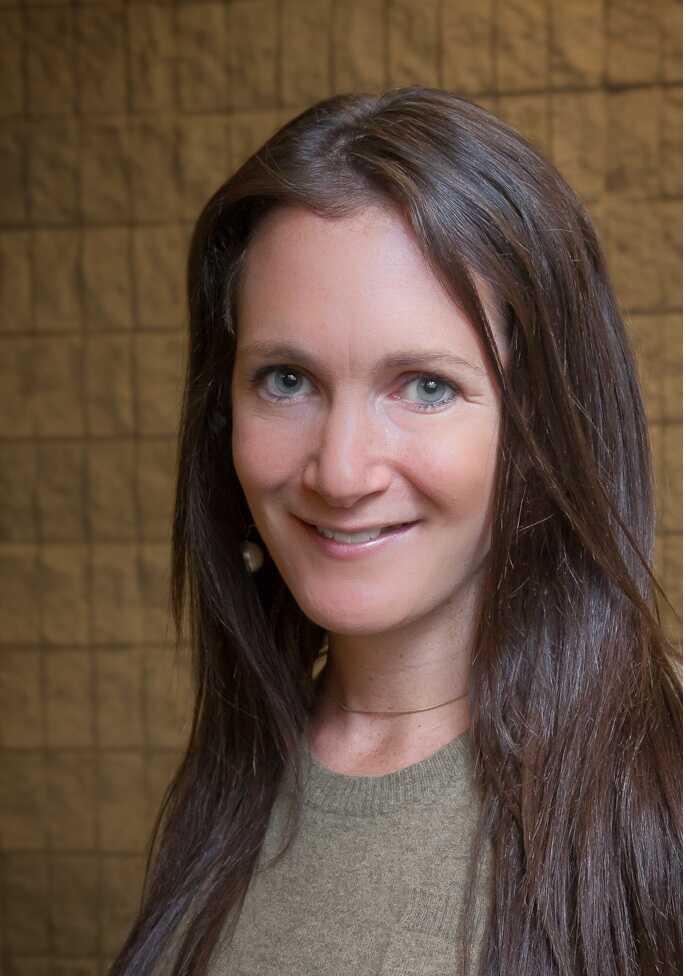
Samara Klar
Samara Klar is an Associate Professor of Political Science at the University of Arizona School of Government & Public Policy. Dr. Klar studies why voters support policies and candidates, especially given the influence of their personal and social identities, their social networks, and their information environments. Her award-winning book, Independent Politics: How American Disdain Leads to Political Inaction (Cambridge University Press 2016), explains why so many Americans identify as politically independent and what the consequences are for American democracy.
Javier Osorio
Javier Osorio is an Assistant Professor in the School of Government and Public Policy at the University of Arizona. His research focused on understanding the micro-foundations and dynamics of political and criminal violence in Latin America. To address this research agenda, he uses natural language processing, quasi-experimental and experimental techniques, geographic information systems, and big data analytics.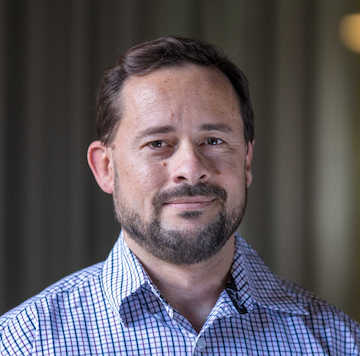
Fernando Sanchez
Fernando Sanchez is an Assistant Professor in the School of Geography, Development & Environment at the University of Arizona. A quantitative researcher with academic experience in both STEM and the social sciences, his research has evolved in the context of spatial statistics and geocomputation to identify interactions between landscape dynamics, regional development, and the human dimensions of the environment.Teaching Assistants
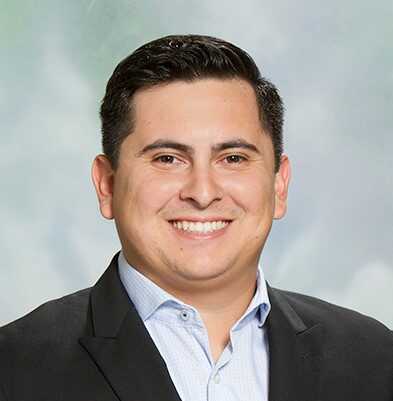
Alejandro Beltran
Alejandro Beltran is a PhD candidate at the School of Government and Public Policy at the University of Arizona. His research broadly explores corruption and violence in Mexico. In his dissertation he identifies the institutional and political determinants of corruption investigations performed by subnational audit agencies. A separate research agenda explores the diversification of drug trafficking organizations into fentanyl and its consequences on violence. As a computational social scientist, he uses machine learning and natural language processing to generate quantitative measures of these phenomena and implements methods for causal inference in his empirical work.
Kelsey Gonzalez
Kelsey E. Gonzalez is a PhD Candidate in the School of Sociology at the University of Arizona. Her research uses computational social science, network analysis and statistical methods to investigate social networks, the social determinants of health, and racial and panethnic identities. Outside of her research, she is a Carpentries instructor, Carpentries lesson maintainer and an avid R user.Participants
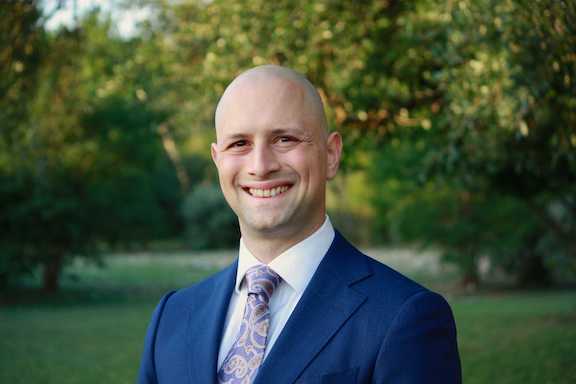
Abe Barranca
Abe Barranca is a graduate student in Government at The University of Texas at Austin. His dissertation examines the effects of neighborhood organizational power and housing tenure divisions on local housing policy outputs. More broadly, he is interested in inequality, public policy, agent-based modeling, and influence networks in governance and policy-making.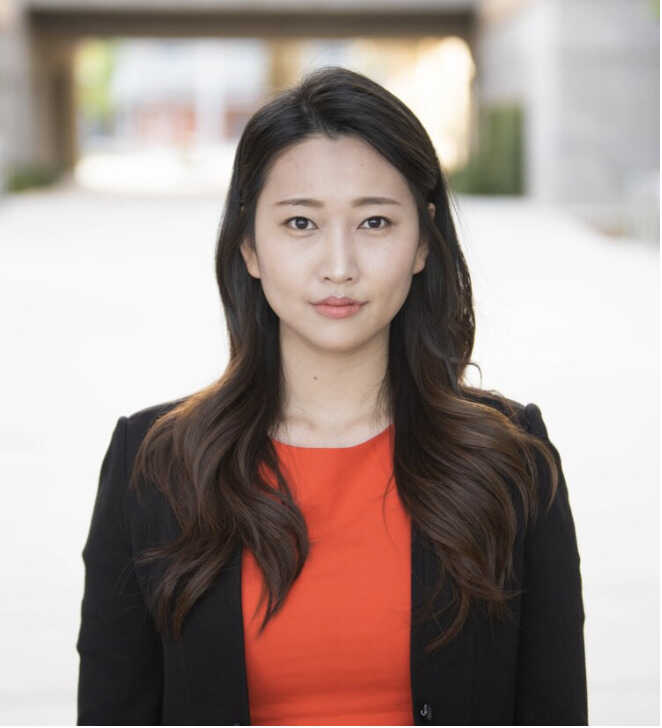
Ae sil Woo
Ae sil Woo is an Assistant Professor at Gettysburg College. She studies how dictators manage the trade-off between reducing opposition threat and minimizing policy loss. Specifically, she explores leaders' strategic rule manipulations to decouple the opposition's electoral success from policy influence while increasing the inclusiveness of a legislative process. Her work, which has been published in the Journal of Politics and the Annals of Comparative Democratization, contributes to our understanding of why dictators create heterogeneous legislative institutions and how those institutions affect a variety of political outcomes including opposition dissent and elite coups.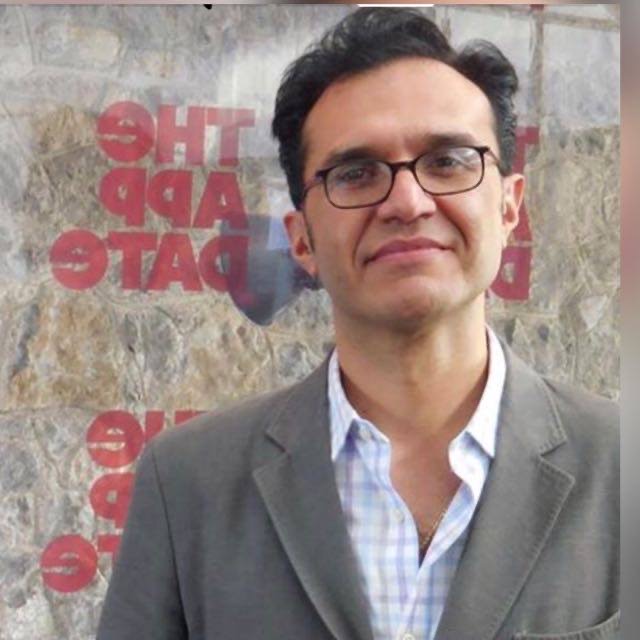
Alejandro Martin del Campo
Alejandro Martin del Campo is a Professor at Tecnologico de Monterrey at Education and Humanities School. After a long career at broadcast television he finished his PhD and teaches political & social communication at the intersection of emerging technologies. His current research agenda uses computational social science on digital media and democracy.
Ashok Kumar Kaliyamurthy
Ashok is a doctoral student at the Eller College of Management focusing on the socio-cultural aspects of consumption. His research interest is in how algorithms are consumed and how that in turn mediates consumption. Ashok is working on a minor in sociology to supplement his training in consumer culture theory (CCT) at the marketing department. Prior to doctoral research Ashok has over 15 years of corporate experience starting as a software engineer and then moving to management roles in sales and marketing. He has an MBA from Cornell University and an undergraduate degree in engineering from Bangalore University.
Aytalina Kulichkina
Aytalina Kulichkina is a PhD student in Communication and a research associate at the Computational Communication Science Lab at the University of Vienna, Austria. Her research interests lie primarily in the area of computational communication science methods with a focus on agent-based modeling and network analysis.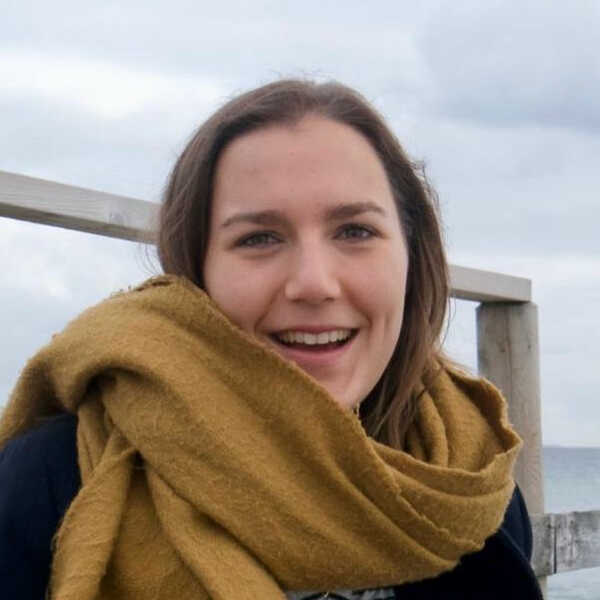
Azade Esther Kakavand
Azade Kakavand is a PhD Candidate in the field of Computational Communication Science at the University of Vienna. For her dissertation, she researches right-wing extremism on social media using network analysis and automated content analysis. She completed the Erasmus Mundus Master’s program in Journalism, Media and Globalization at Aarhus University and the University of Amsterdam.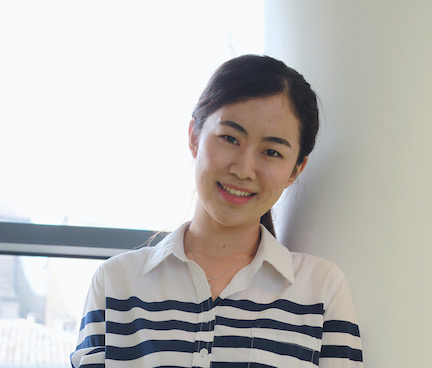
Chen Chen
Chen Chen is a Ph.D. candidate at the University of Arizona. Her research primarily focuses on the application of corpus linguistic approach and computational techniques to better understand second language acquisition and sociolinguistic phenomenon. She is currently working on examining the use of pragmatic markers in peer talks in the study abroad context, as well as building a longitudinal Chinese learner corpus.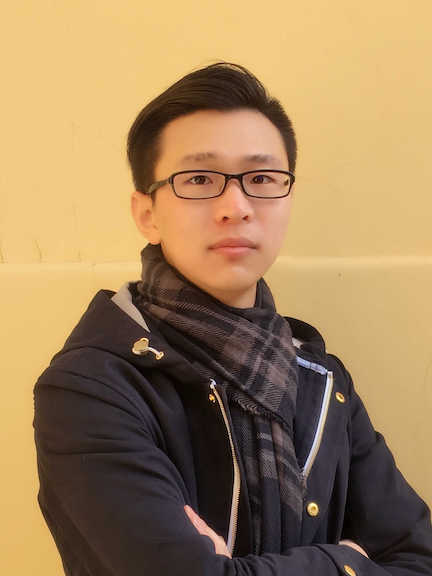
Chendi Wang
Chendi Wang is a PhD Candidate in Political Science at the European University Institute. His broad research interests include comparative politics, political behaviour, political economy, and methodology. He examines both enduring topics, such as economic voting, social movement and public opinion, as well as new topics surfacing as a result of recent crises, e.g. the COVID-19 pandemic and the migrant crisis in Europe. His research incorporates a variety of methods, including quantitative analysis, survey experiment and formal modelling, to bring a well-rounded approach to the study of important questions. He is also interested in political methodology, trying to develop new quantitative techniques and improve current ones. He specialises in time series analysis and causal inference with observational data. At the same time, he has been actively working on Bayesian statistics and machine learning techniques.
Chengzhi Yin
Chengzhi Yin is a PhD candidate in Political Science Department in the Morrissey School of Arts and Sciences, Boston College. He majors in International Relations and minors in Comparative Politics. His research interests include Alliance Politics, Coercive Diplomacy, Chinese Foreign Policy, and East Asian Security.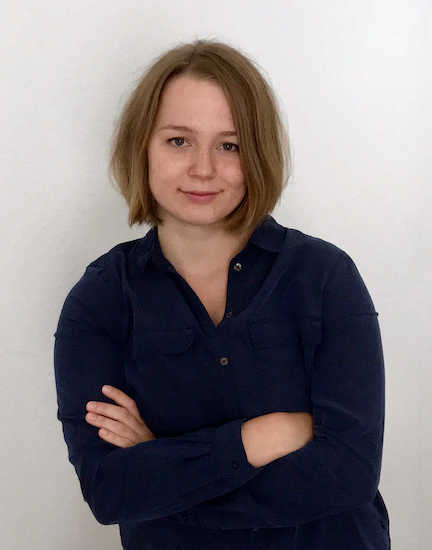
Christina Gahn
Christina Gahn is a pre-doctoral research fellow at the chair of comparative politics at Humboldt-Universität zu Berlin. Also, she is a PhD student at the Berlin Graduate School of Social Sciences. Before, she studied political science and worked at the University of Vienna. Christina was a research assistant for the Austrian National Election Study (AUTNES) and teaching assistant for comparative politics and quantitative methods. Christina's research interests include political parties and party competition, electoral campaigns and political communication with a focus on quantitative methods. Her dissertation project is about targeting issue messages in electoral campaigns in Europe.
Dana Guy
Dana Guy is a PhD student at the School of Politics and International Relations (SPIRe) at University College Dublin. Her research focuses on social media and narratives during intractable conflicts. She holds B.A. degree in Political Science and Journalism from the Hebrew University of Jerusalem, and M.A. from the Faculty of Social Sciences at Tel Aviv University.
EmiLee Smart
EmiLee Smart is a PhD Candidate in the Department of Political Science at the University of Kentucky. Her research uses computational social science to investigate language patterns to determine and evaluate authorship of United States Supreme Court Opinions and Special Orders.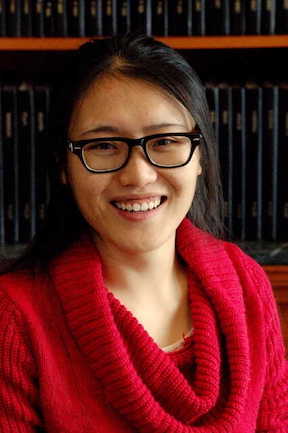
Fan Yang
Fan Yang is an assistant professor in the Department of Communication at University at Albany, SUNY. Her research interests include the psychology of communication technology, strategic communication, and advanced research methods. I am interested in examining the effects of new media on decision-making, with a special focus on information processing and attitude change. My second research area focuses on the strategic use of social media in health/science communication as well as advertising/public relations using advanced research methods, including meta-analysis, social network analysis, as well as big data analytics.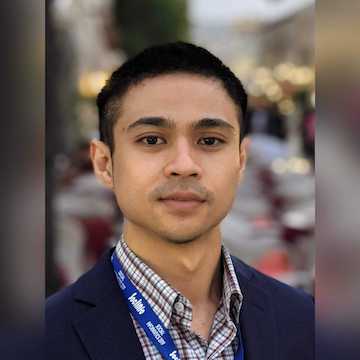
Firman M Firmansyah
Firman M Firmansyah is a Ph.D. candidate in the College of Engineering and Applied Sciences at Stony Brook University, where he is also pursuing Advanced Graduate Certificate in Data and Computational Science. He holds an M.Sc. in learning technology from the University of Bristol, England and Sarjana (B.A.) in psychology from Universitas Gadjah Mada, Indonesia. His research interests lie at the intersection of information technology and human behavior. In his dissertation, he examines why diverse people hardly get along causing polarization. He introduces outreachability, the ability to reach out outgroup members in social identity space, and reveals how its variance always favors homophily over heterophily through computer simulation.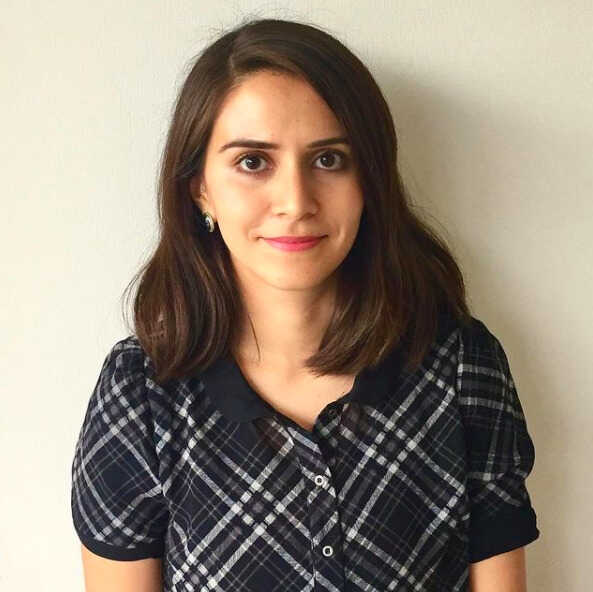
Francisca Castro
Francisca Castro is a Research Fellow in the Chair of International Politics at the Humboldt University of Berlin. She is currently enrolled as a PhD Student in the Berlin School of Social Sciences (BGSS). She has a B.A. in Political Science and Sociology, and a M.A. in Sociology from Pontificia Universidad Católica de Chile.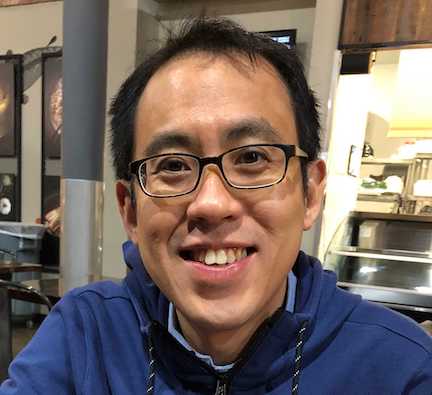
Gerard Chung
I am from Singapore. I am a doctoral candidate at the University of North Carolina at Chapel Hill School of Social Work. My dissertation will focus on risk factors of maltreatment rereports. My research interests include parenting, engaging fathers in services, child protection services, risk assessment and prediction modeling.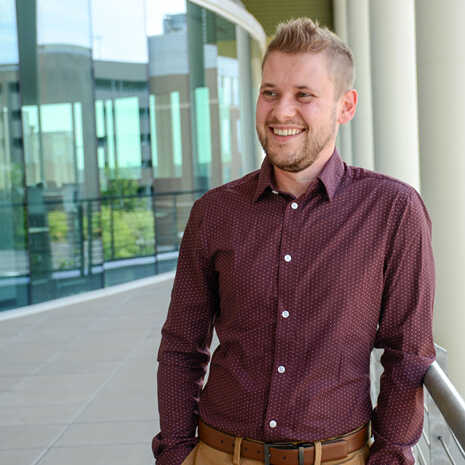
Gustavo Schneider
Gustavo is a doctoral candidate at the Darla Moore School of Business at the University of South Carolina. His research focuses on two topics: 1) how different aspects of numerical judgment can influence decision making and 2) political contributions. Gustavo examines how consumers make inferences about numerical quantities, and how these inferences impact subsequent decisions. In addition, he investigates factors that influence small donor contributions to political campaigns. Using experiments and secondary data, his research unveils factors that influence consumers’ decisions to donate money or purchase campaign merchandise. Gustavo has published in the Journal of the Association for Consumer Research, and presented his research at ACR, SCP, and SJDM conferences.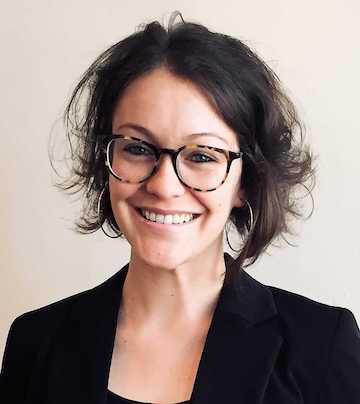
Helen Kras
Helen Kras is a PhD Candidate in political science at the University of Kentucky. Her field of study is comparative politics with a regional focus on Latin America. Her dissertation focuses on the effect of laws and policies addressing violence against women on citizens’ political attitudes and news media reporting in Brazil. To explore these topics, she relies on a mixed-method approach combining experimental and non-experimental designs. The quantitative component of her dissertation includes time series, multilevel modeling, and computer text analysis. The qualitative portion of her dissertation comprises of findings from the extensive fieldwork that she conducted in Brazil and El Salvador.
Jack Simons
Jack Simons, PhD, is an Assistant Professor in the School of Social and Behavioral Sciences at Mercy College in New York. His counseling lab is dedicated to scholarship on student and educator experiences, academic and career development, and health and wellness. He specializes in school counseling and LGBTQ topics and is an expert in counseling youth and emerging adults. His research on sexual and gender minority (SGM) topics aims to improve academic success and wellness among SGM people and other underrepresented minority groups. Dr. Simons’ research agenda is presently focused on: (1) stress, identity, and coping among transgender and gender non-binary individuals; (2) identity development and motivation among minority females in STEM; and (3) cultural competence among school counselors and other helping professionals.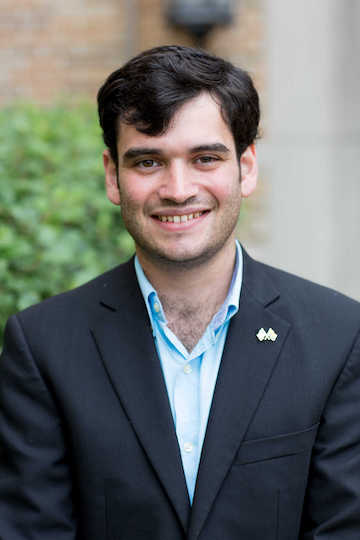
Jacob Turner
Jacob Turner is a PhD student in Political Science at the University of Notre Dame. His research interests focus on the politics of democratization in Latin America, particularly the impact of competitive electoral politics and state building in the context of weakly institutionalized democratic regimes. His dissertation centers on “iron fist” politics, especially how strong anti-crime campaign discourse affects voter perceptions and support for democratic norms. A doctoral research associate at the Violence and Transitional Justice Lab at Notre Dame, Jacob is committed to producing research that advances our understanding of political and criminal violence and that engages with human rights practitioners in Latin America.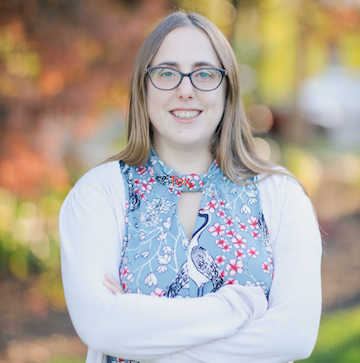
Jane Cronin
Jane Cronin is a PhD candidate at American University in Washington DC. She is completing her dissertation on emotional expression in digital activism using computational approaches, and is particularly interested in text and network analysis.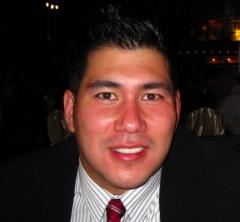
Kenneth D. Aiello
Ken applies computational historical analysis and epistemology to question what scientific knowledge is, how we can analyze changes in knowledge, and how to measure similarities and differences between the knowledge claims of individual agents and groups. His work builds on how to assess contested knowledge claims and measures the evolution of knowledge across complex systems and multiple dimensions of scale. This approach also engages in dynamic new debates about global and local structures of knowledge shaped by technological innovation within microbiology related to public policy, shrinking resources given to biomedical ideas as opposed to “translation”, and the ethics of scientific discovery. Using interdisciplinary methods for understanding historical content and context-rich narratives contributes to novel discoveries in scientific domains and major transitions in science. These results provide insight into the evolution of knowledge and how innovation emerges.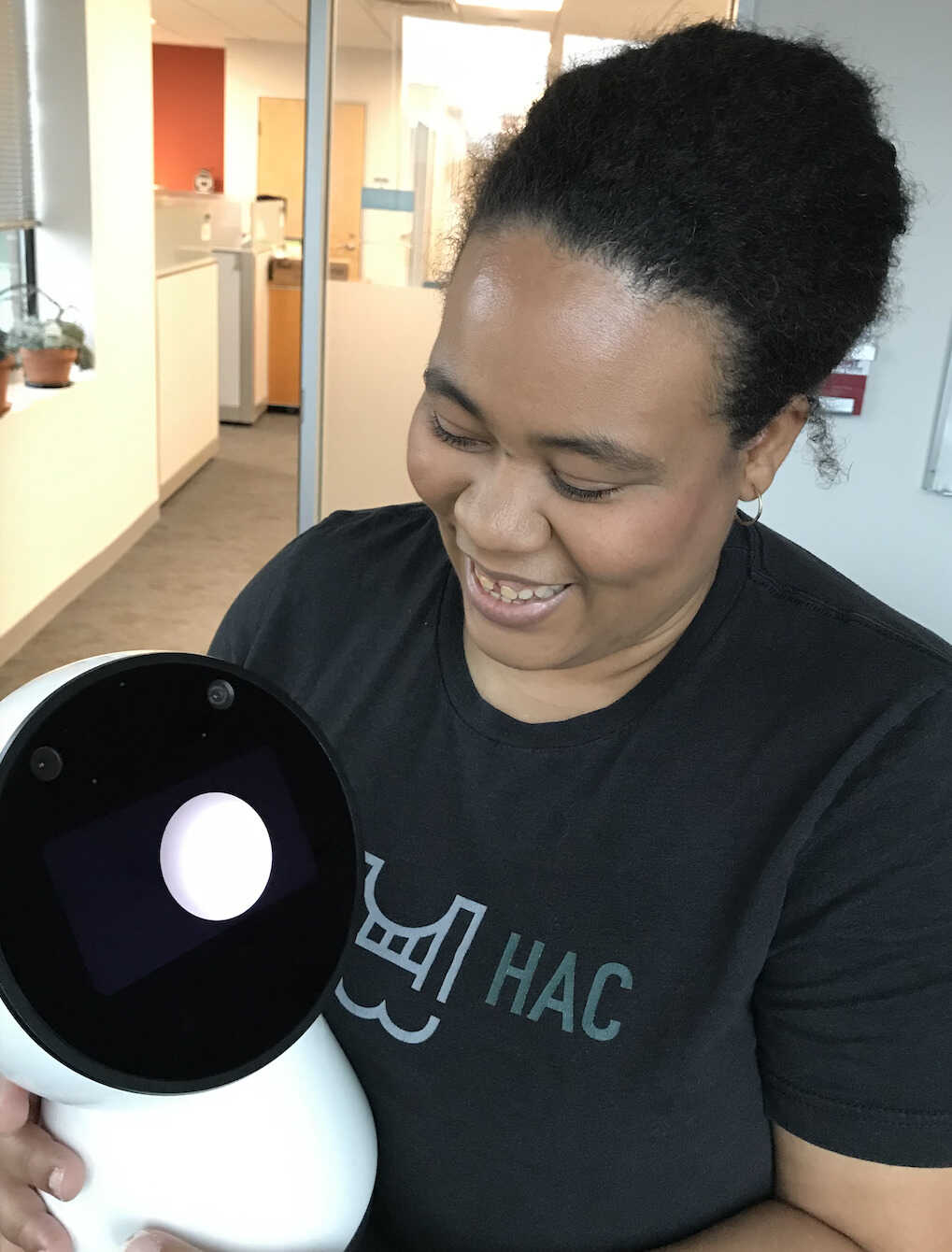
Krystal Maughan
Krystal Maughan is a current PhD student at the University of Vermont. Her primary area of research involves Provable Fairness, Differential Privacy, and Machine Learning. She is particularly interested in thinking about participatory methods of data collection and in making mechanisms that socially benefit and ethically support people.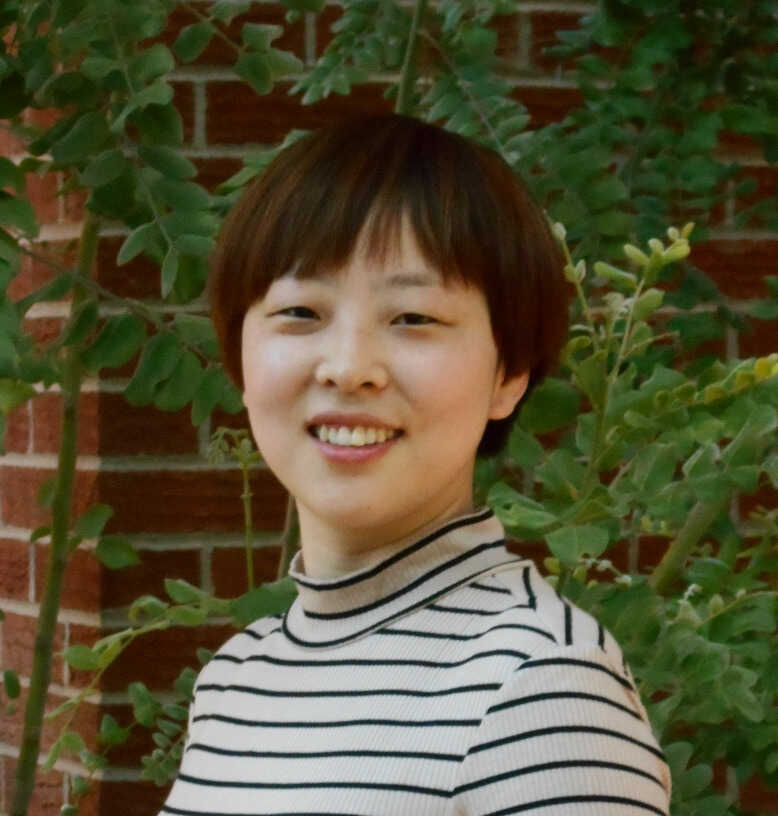
Kun Yan
Kun Yan is a Ph.D. student in the Department of Communication at the University of Arizona. She studies media messages and health topics in computer-mediated contexts. She is particularly interested in understanding users' expressions and social support exchanges in online communities.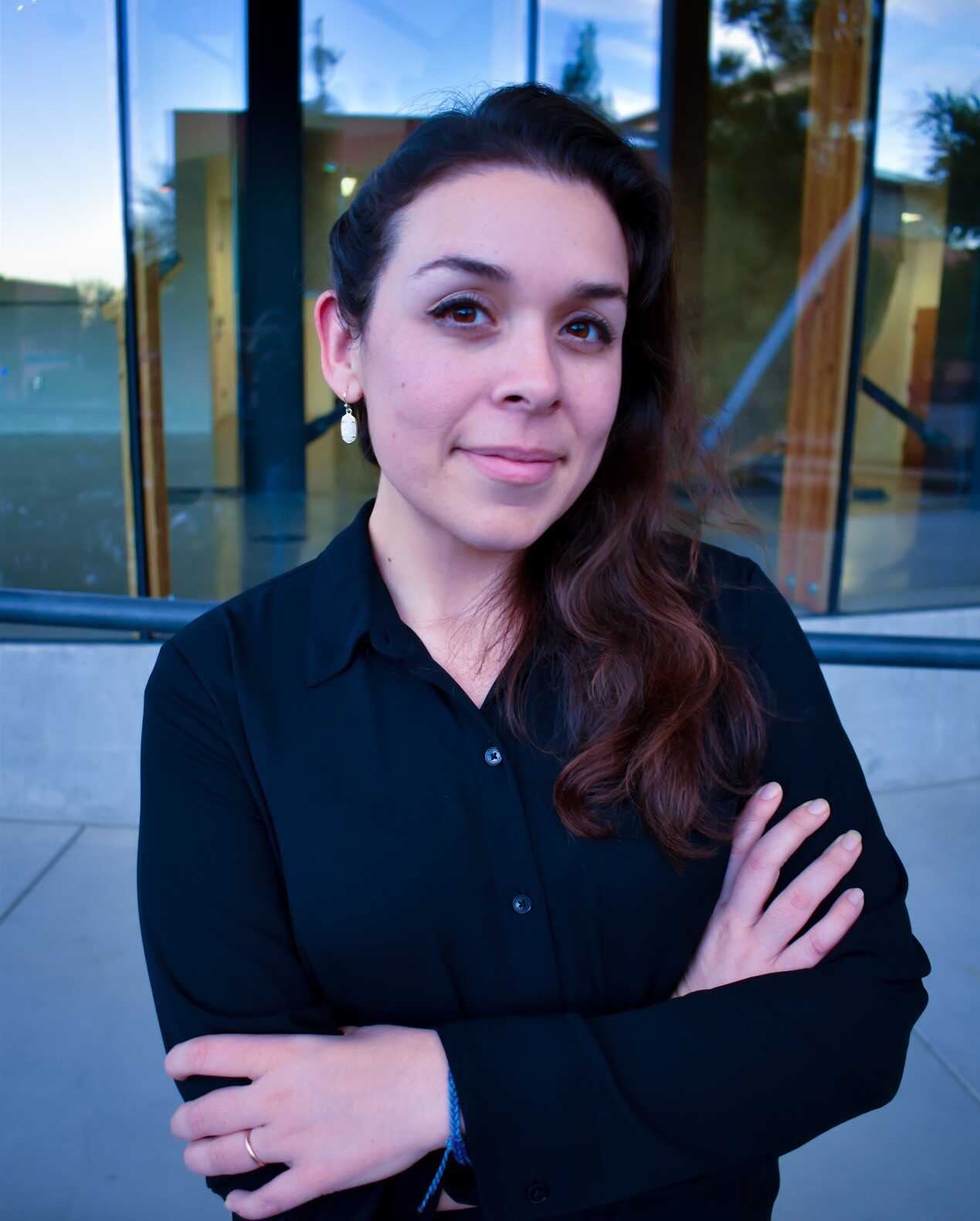
Laura W. Dozal
PhD student at the University of Arizona's School of Information. Her recent work has focused on analyzing sentiment from text and image content, as well as categorizing content through NLP deep learning. Her research specifically views topics of gender equality movements in Latin America, resource networks for displaced people in the U.S., and, more recently, crime.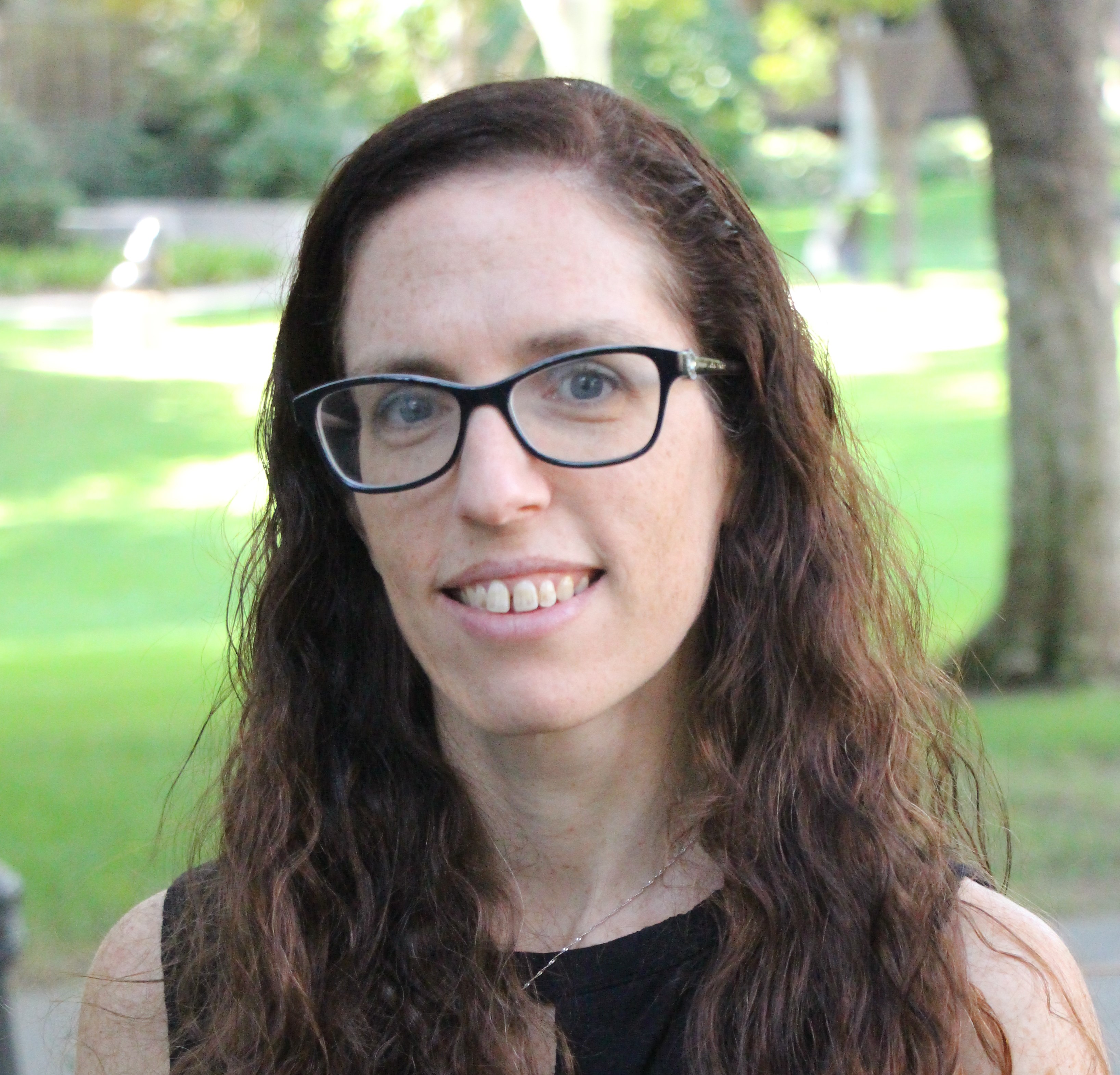
Liron Lavi
Liron Lavi is a research fellow at the University of California, Los Angeles, studying elections and democracy, political representation, and collective identity in Israel and the United States. Her research focuses on how the changing landscape of "old" and "new" media shapes the democratic role of elections. She uses qualitative, quantitative, and computational methods, including discourse analysis, statistical models, and natural language processing.
Lucas Borba
Lucas Borba is a graduate student of Political Science at the Federal University of Pernambuco - Brazil. His research investigates the relationship between perceptions of corruption and support for democracy in Latin American countries, using IRT models and a multilevel approach. He is interested in political behavior, public opinion, causal inference techniques, natural language processing, and sentiment analysis.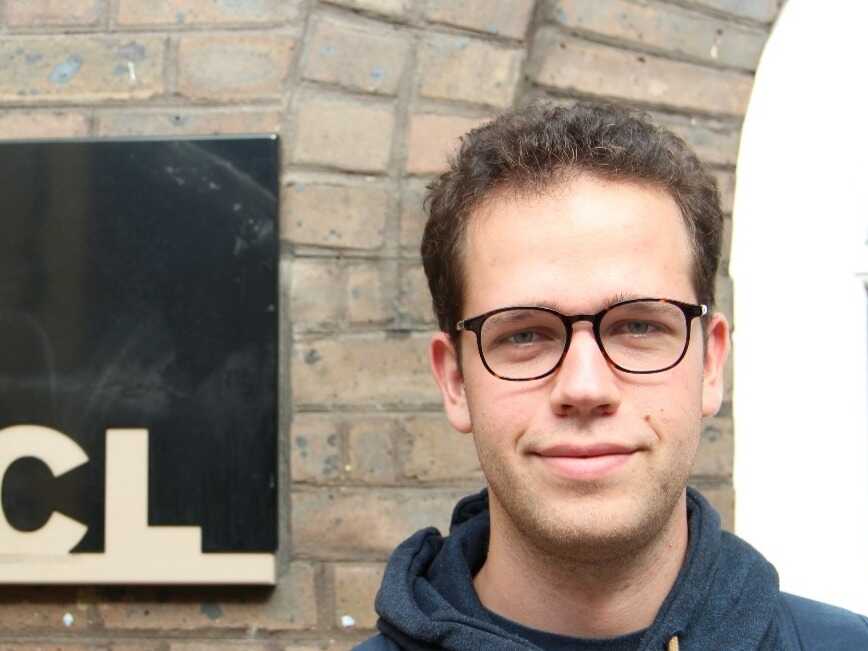
Markus Kollberg
Markus Kollberg is a PhD candidate in the Department of Political Science at University College London (UCL). His research project investigates the strategic use of populist rhetoric in parliamentary debates in European legislatures and its effects on legislators, debates and voters. He employs a number of different quantitative and computational methods including supervised classification, natural language processing, and crowdsourcing. More broadly, Markus’ research interests lie in the areas of Political Behavior, Political Communication and European Politics.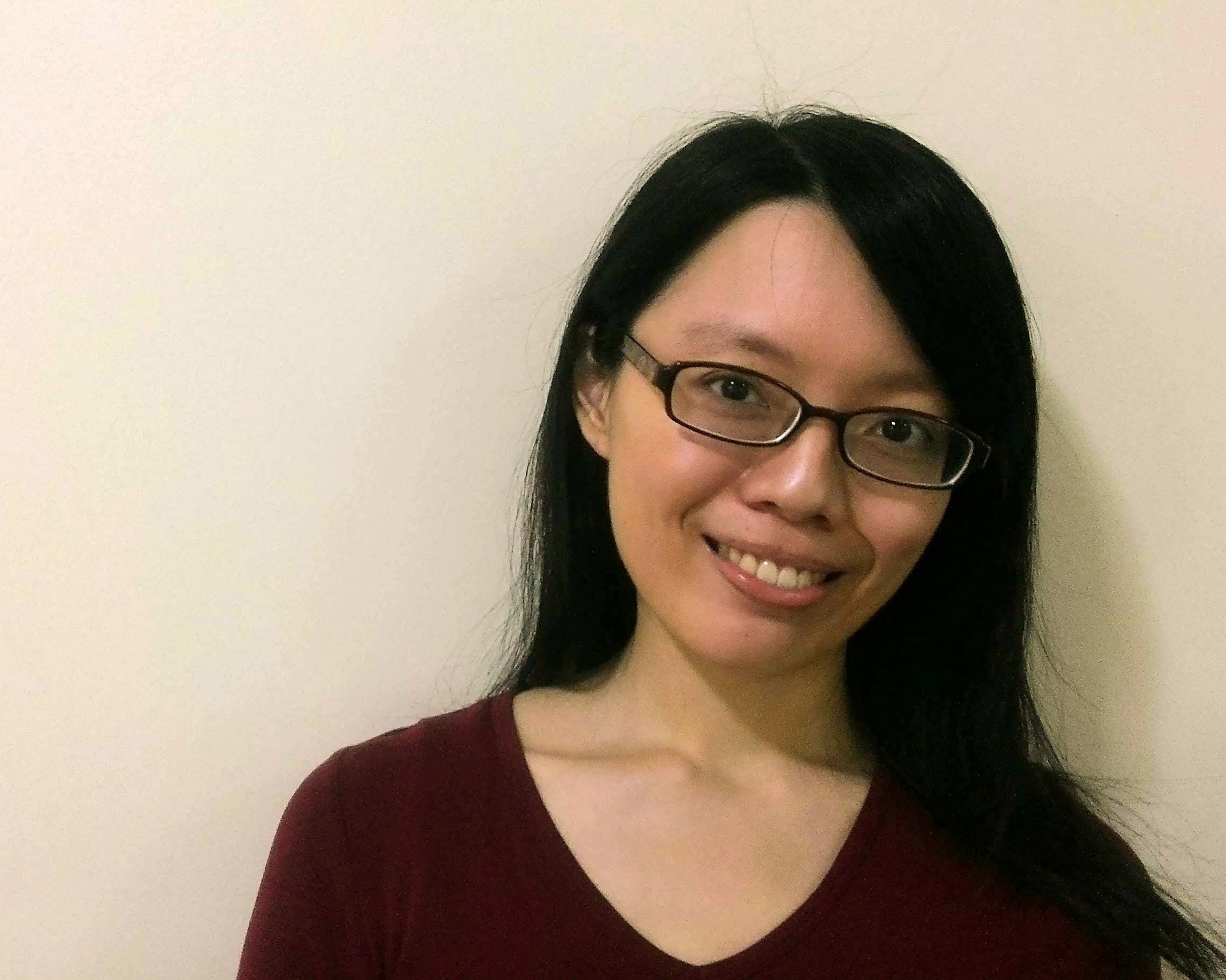
Meng-Jung 'MJ' Lin
Meng-Jung 'MJ' Lin is a PhD candidate in Sociology at University of North Carolina at Chapel Hill. Her research interests are society and genomics, social stratification, gender, and advanced quantitative methods. She is also interested in using machine learning methods and network analysis to explore gene-environment interactions. Her dissertation examines how human inheritance and social environments affects men and women differently in STEM careers.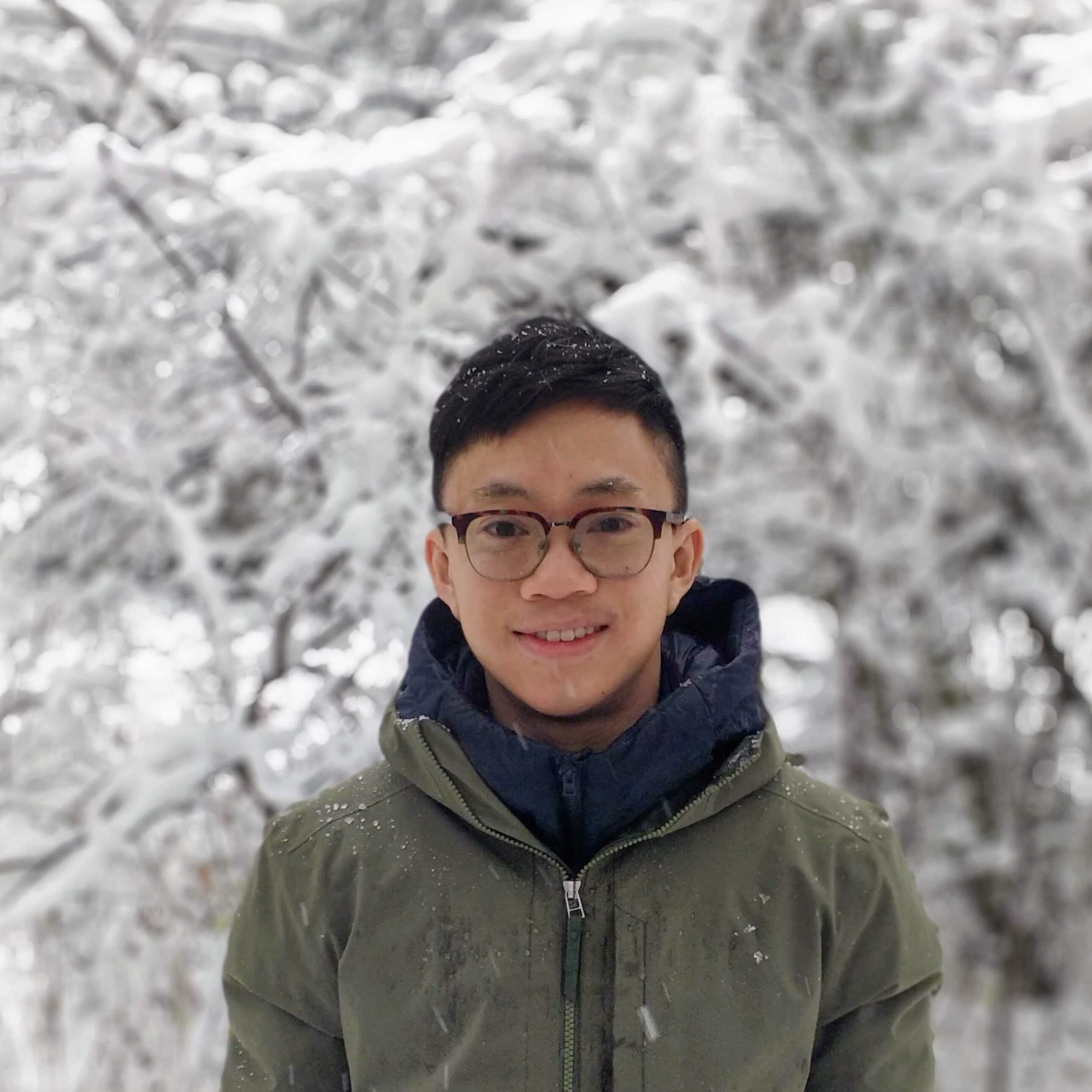
Michael Chong
Michael Chong is a graduate student in the Department of Statistical Sciences at the University of Toronto. His doctoral research focuses on building statistical models for demographic estimation, particularly in contexts where data quality is poor. He is also broadly interested in applied statistics, interdisciplinary research, and reproducible workflows. Michael previously completed his undergraduate studies in Integrated Science at McMaster University.
Nina Obermeier
Nina Obermeier is a PhD candidate in the Department of Government at Cornell University. Her research focuses on domestic processes of contestation over international politics. In her current research, she uses quantitative text analysis and survey experiments to explore the effects of right-wing populist rhetoric on public opinion towards international economic integration.
Pranay Ranjan
Dr. Pranay Ranjan is a Postdoctoral Research Associate in the Department of Forestry and Natural Resources at Purdue University. He is an environmental social scientist with interdisciplinary training in institutional analysis, social dilemmas, water governance, environmental policy, natural resource conservation, and action research. Dr. Ranjan holds a Ph.D. in Environment and Natural Resources from the Ohio State University and a Masters in Environmental Studies from TERI (The Energy and Resources Institute) University. His research focuses on examining the dynamic interactions between society and environment, and evaluating how these interactions affect human behavior and collective decision making.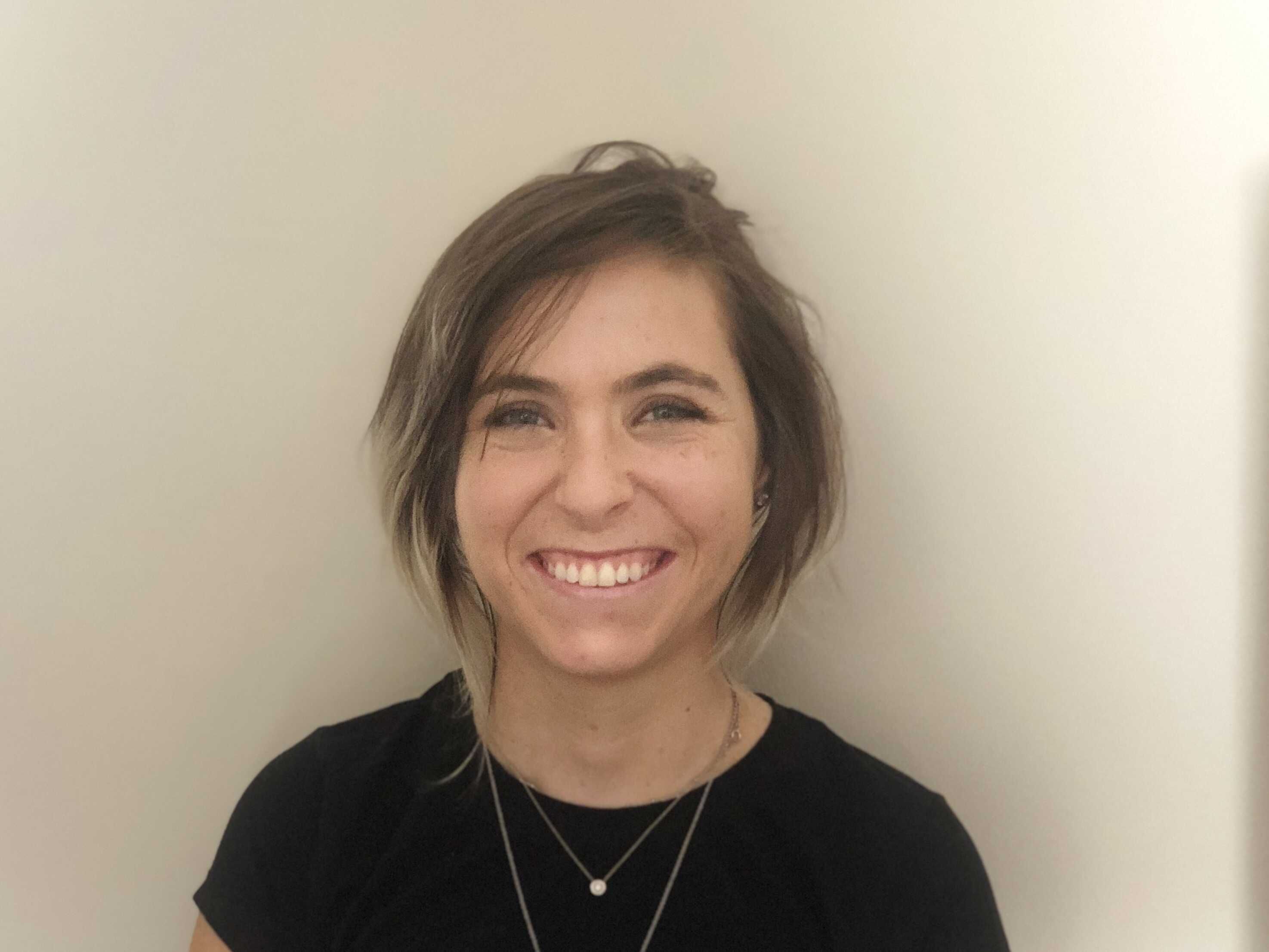
Regan Johnston
Regan is a PhD student in Political Science at McMaster University and a Data Analyst at Vox Pop Labs. Regan is also a Doctoral Fellow at the Digital Society Lab at McMaster University as well as a Mitacs Accelerate Fellow. She uses machine learning to research hate speech on social media. Her most recent research project analyzed the impact of COVID-19 on care-giving.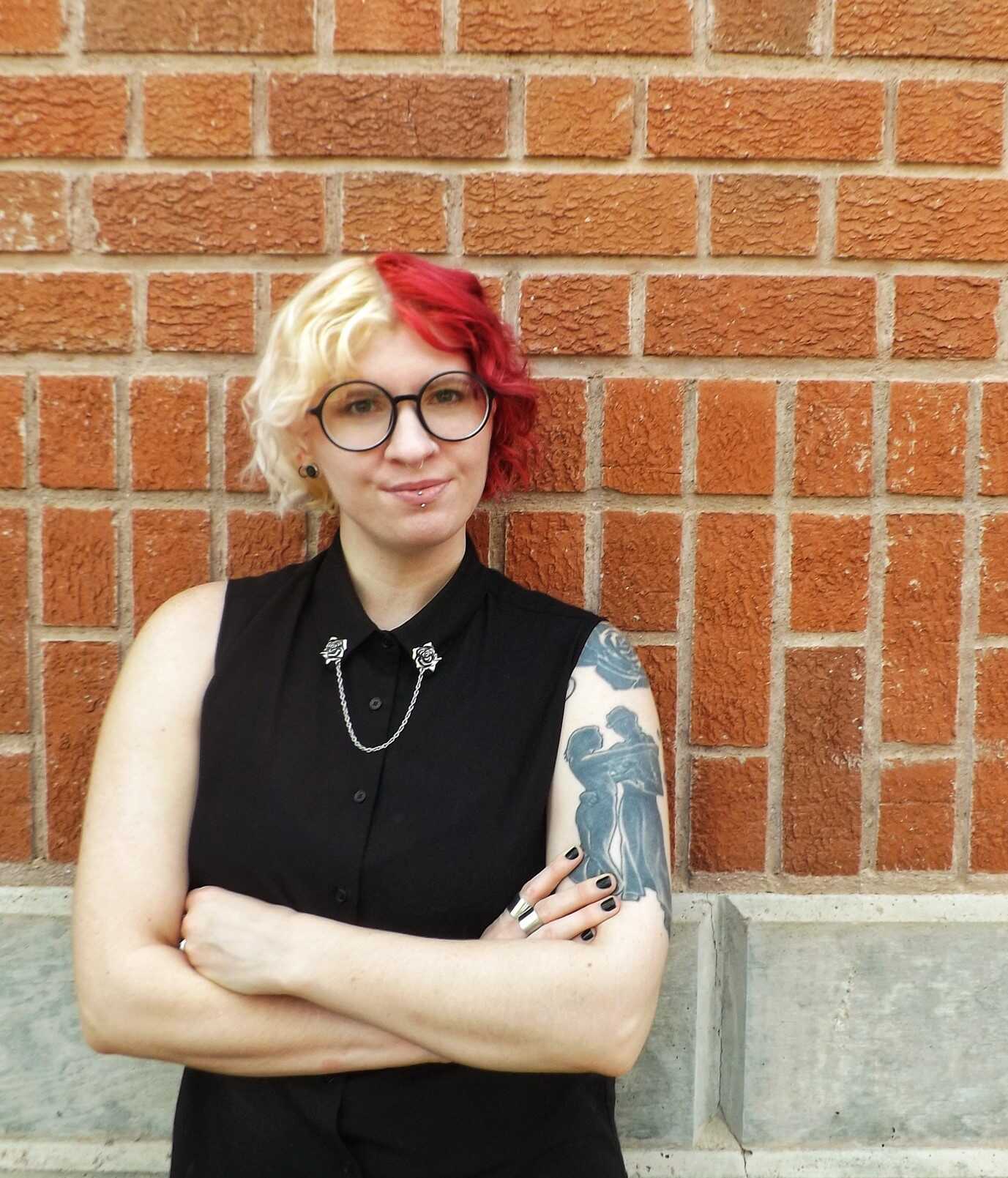
Rina James
Rina is a doctoral candidate in the School of Sociology. Their broad interests include culture, gender, and digital sociology, with particular focus in the growing area of male supremacy. Their current work analyzes male supremacist narratives in online communities, examining how discourse on race and gender in the incel community fosters such attitudes despite narratives of victimization. They are also developing a dissertation project that explores ideological variation across the loose network of male supremacist blogs and forums known as the 'manosphere', and aims to identify how such variation influences both radicalization processes and the outcomes of men's participation in male supremacist spaces.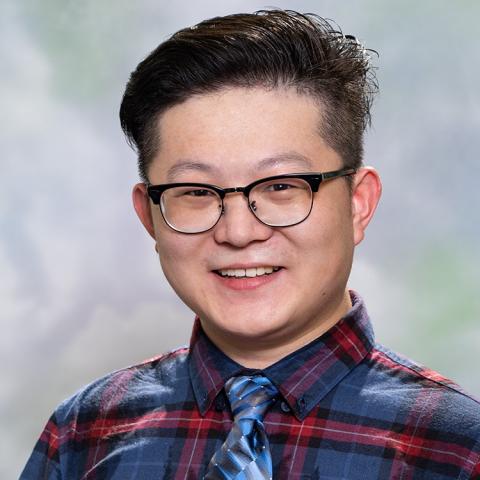
Rongbo Jin
Rongbo Jin is a PhD student in political science at the University of Arizona. His research interests include American politics, political psychology, public opinion and computational social science. His current research uses unsupervised text analysis to analyze open-ended responses related to partisan affects.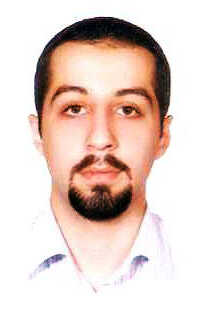
Saber Khani
I am a sociology PhD student at Boston College. My area of interest mainly hovers around social movement and democratization in MENA region.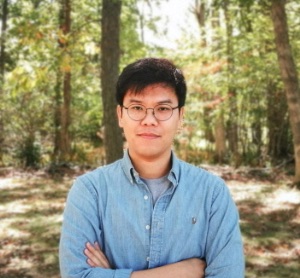
Sanghoon Kim
I am a PhD candidate in the Department of Political Science at the University of Illinois at Urbana-Champaign. My research interest focuses on authoritarian nostalgia and related political behavior in post-authoritarian democracies. I am collecting empirical data from South Korea, Taiwan, and the US. I received my BA in Political Science and Economics and an MA in Political Science from Korea University. I began my PhD program at the University of Illinois in 2016.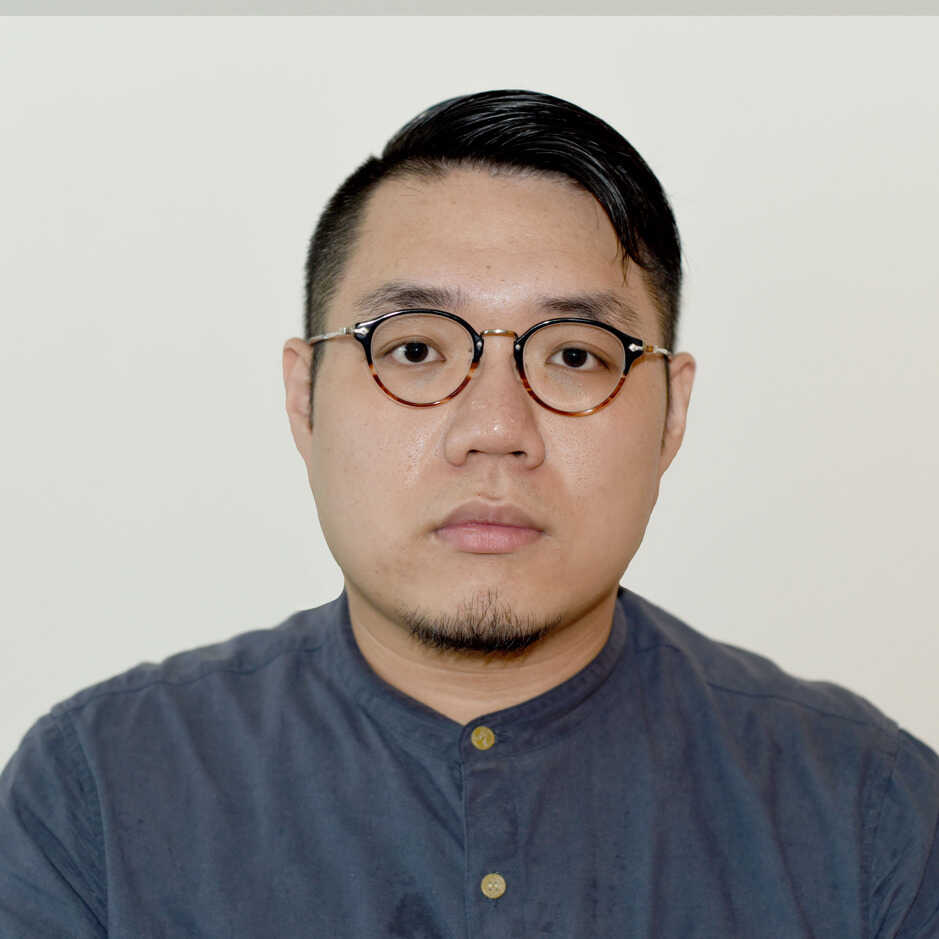
Sanho Chung
Sanho Chung is a Ph.D. student majoring in Comparative Politics and minoring in Methodology in the School of Government and Public Policy (SGPP), University of Arizona. His current research interest lies in the dynamics in authoritarian and hybrid regimes regarding elite coalition as well as the influence of capital on institutions, with a particular focus on the region of East Asia (esp. Hong Kong and Taiwan). He also pays special attention to various computational social science methods, including social network analysis. He obtained his M.A. in International Relations from the Australian National University in 2016. Before that, he received his B.SoSc in Government and International Studies at the Hong Kong Baptist University in 2015. Prior to his doctoral study in the SGPP, he worked on several research projects concerning contentious politics and identity in Hong Kong.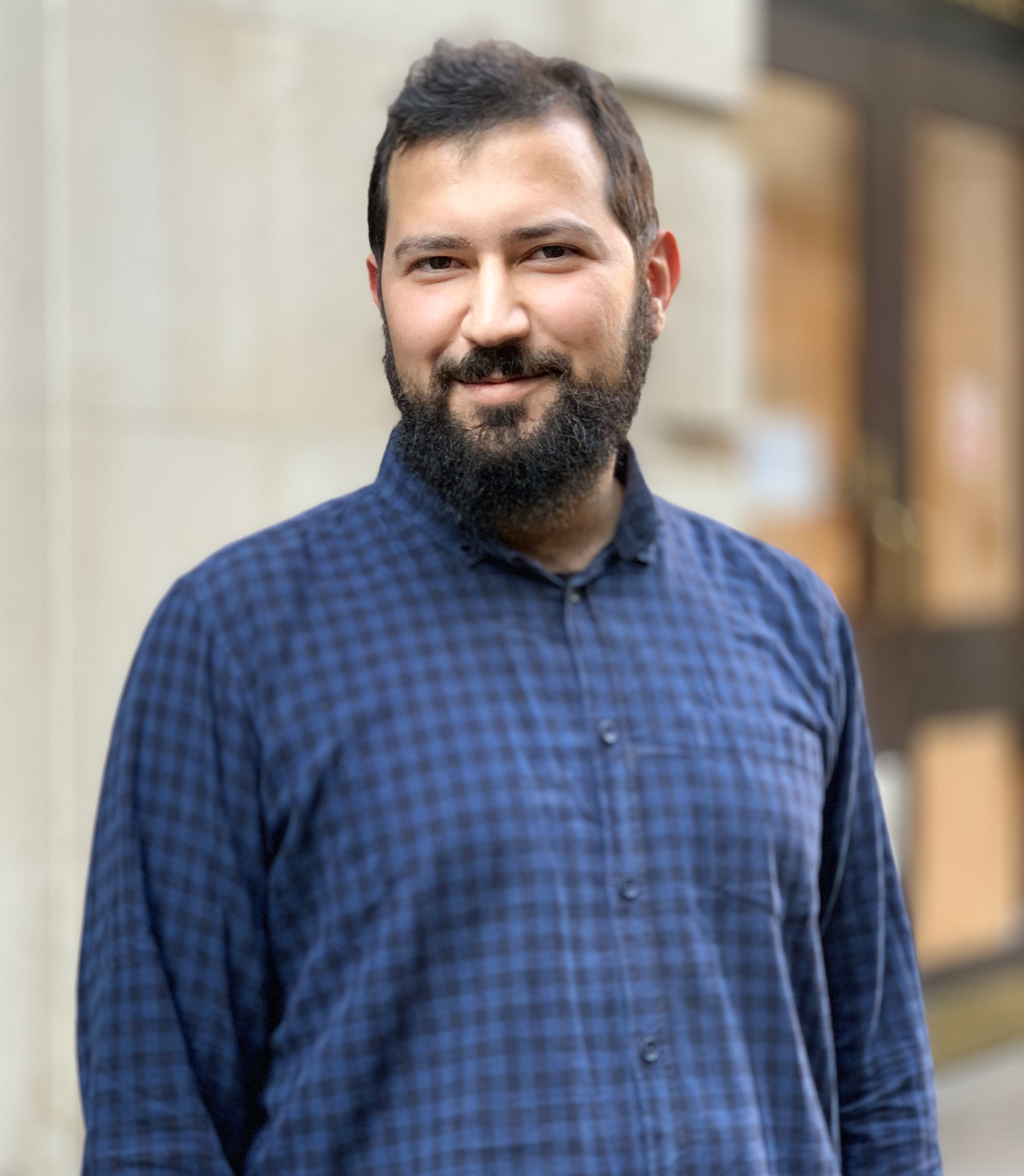
Selim Yaman
Selim Yaman is a PhD student in Political Science at American University's School of Public Affairs, where he specializes in political methodology and comparative politics. His research uses geographic information systems and Bayesian statistics to investigate political conflicts, and military coups. Yaman also serves as a Fellow in the Center for Data Science at American University. Before starting doctoral study, he lived and worked in the UK, and Turkey.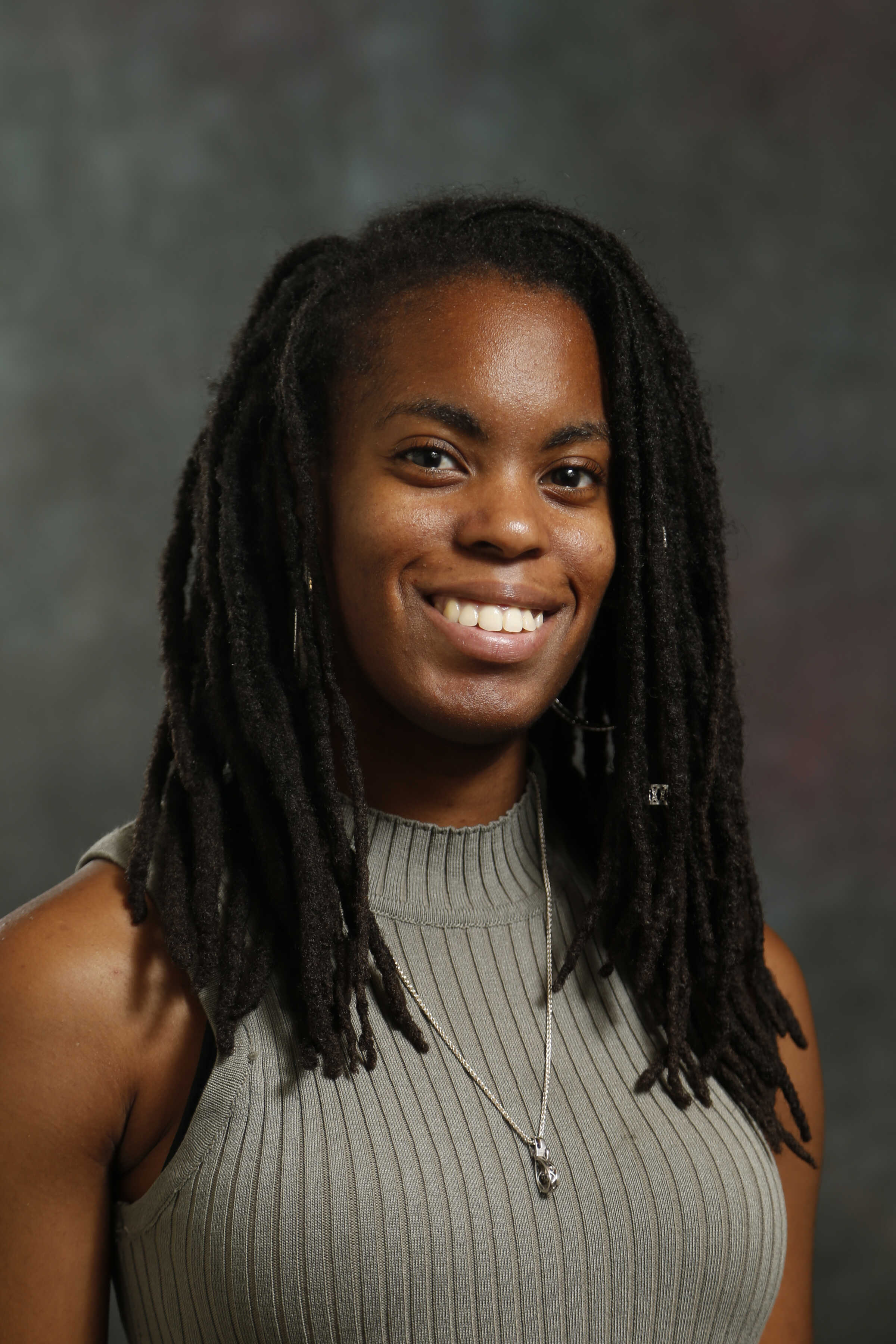
Shatira Woods
Shatira Woods is a second year PhD student in sociology at The Ohio State University. She studies race, social stratification, culture, and criminology. As a computational social scientist, she is interested in how cultural discourse that occurs on social media platforms such as Twitter reinforces and legitimates racism, white supremacy, and stratification. Her current research involves a variety of different computational methods including machine learning and natural language processing.